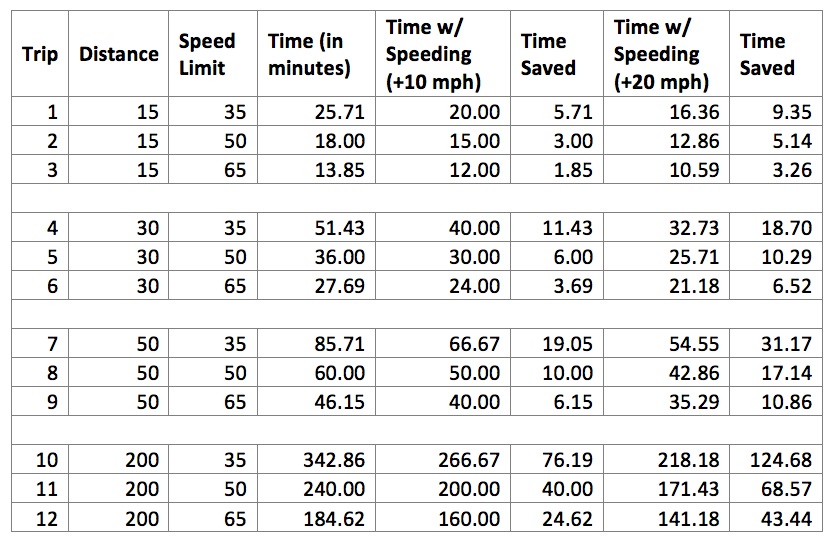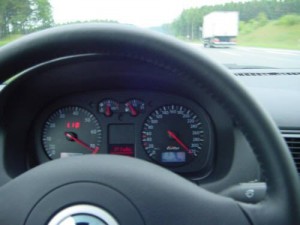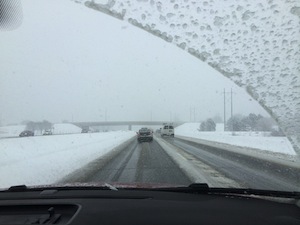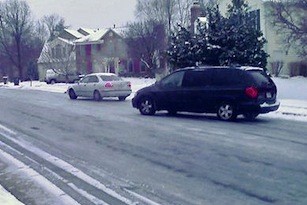
Not every skid is caused by poor driving skills. Black ice – a thin layer of ice on the pavement that is often invisible to drivers – can strike even the most mindful driver without warning.
It is important that drivers adjust their speed and take precautions during the winter, especially when the roads are covered in ice and snow. Even the best driver can stand to review these best practices for what to do when the car starts to skid.
- Beware of change. Skidding is typically triggered by changes in speed, direction, or both. Be extra mindful any time you are accelerating, decelerating, or turning, as this is when a skid is mostly likely to happen.
- Remain calm. Try your best not to panic. Panicked drivers tend to overcorrect, which makes the skid worse.
- Slam (or pump) the brakes. If you have anti-lock brakes (which most newer cars do), slam the brakes as hard as you can; the anti-lock technology will deliberately stutter the brakes to help the car re-grip the road. For older cars without anti-lock brakes, manually pump the brakes to achieve the same effect.
- Steer into the skid. If the back wheels are skidding, turn the wheel in the same direction the back end of the car is sliding towards. For a front-wheel skid, straighten the steering wheel.
- Look where you want to go. Hand-eye coordination makes a difference, so do your best to keep your gaze in the direction you want the car to go.
- Don’t trust AWD. While all-wheel drive is great, it is not going to prevent every skid.
It’s not just about safety. Driving too fast in icy conditions can actually land you a ticket. There’s no specific guidelines as to what qualifies as imprudent, but if a police officer deems your speed to be not reasonable and prudent under the conditions, you could get a ticket for imprudent speed. A first offense can result in 3 points on your license, plus up to $150 in fines and an NYS surcharge of $93. A conviction could also mean up to 15 days in jail. Penalties increase for a second and third conviction within 18 months.
If you or a loved one has been ticketed for imprudent speed, or any other kind of traffic violation, consult an attorney to help you avoid the costs, points, and increase in insurance premiums that can result from a conviction. The lawyers of the Rosenblum Law Firm are skilled New York traffic ticket attorneys who are experienced in handling tickets for a range of driving-related offenses. Call 888-203-2619 or email the Rosenblum Law Firm today for a free consultation about your case.
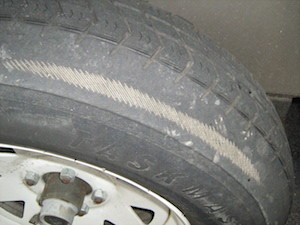
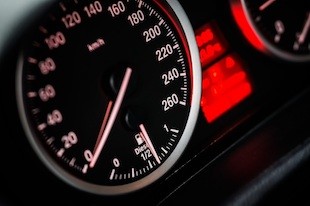
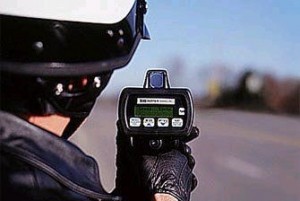
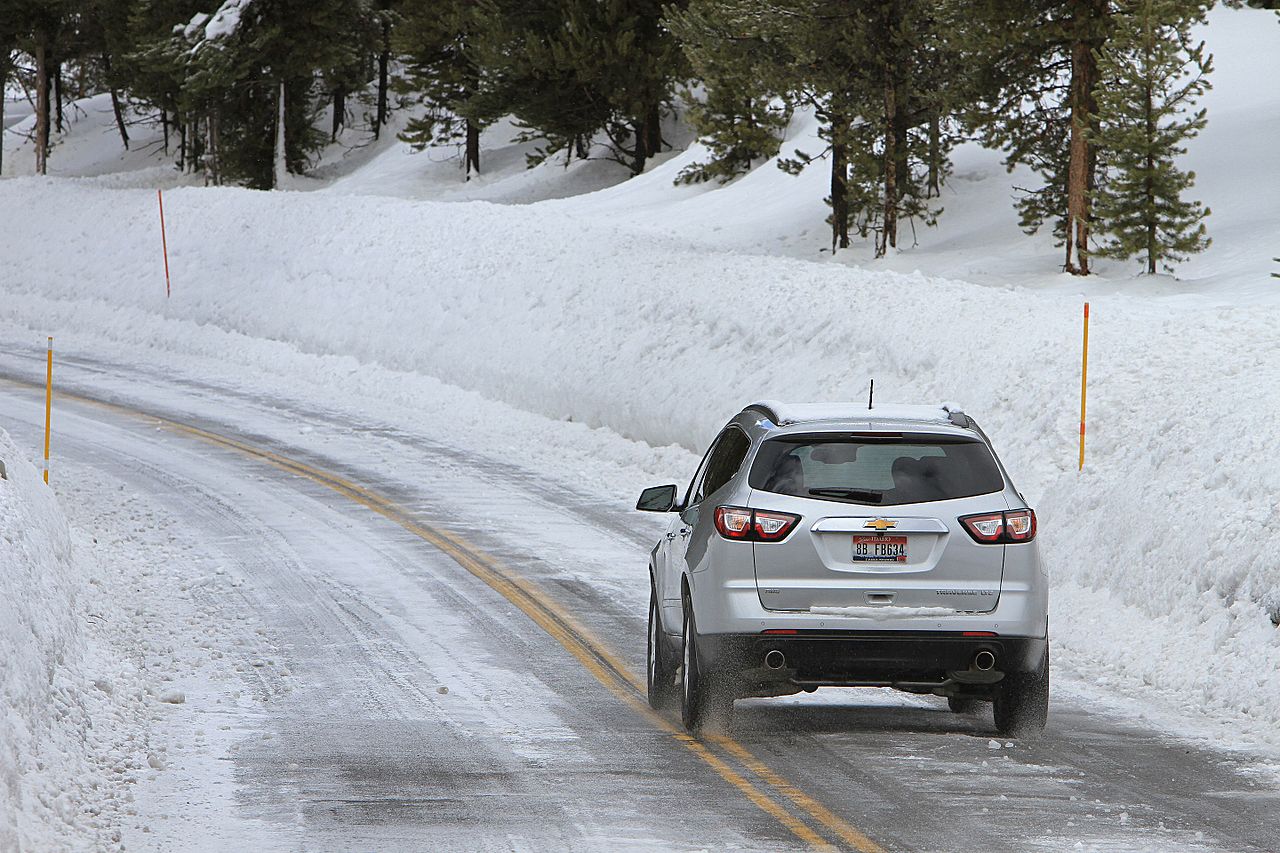
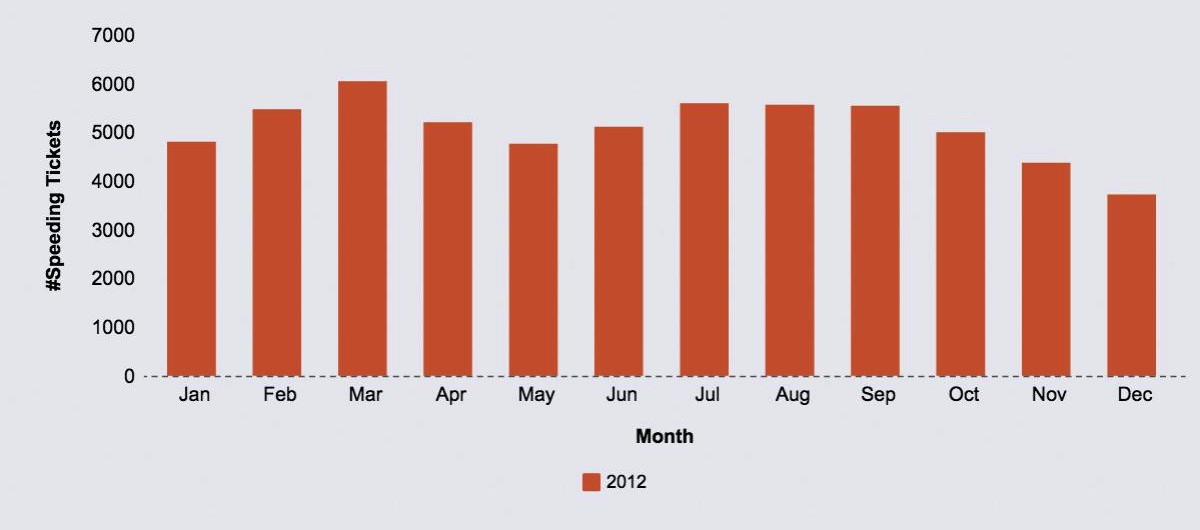
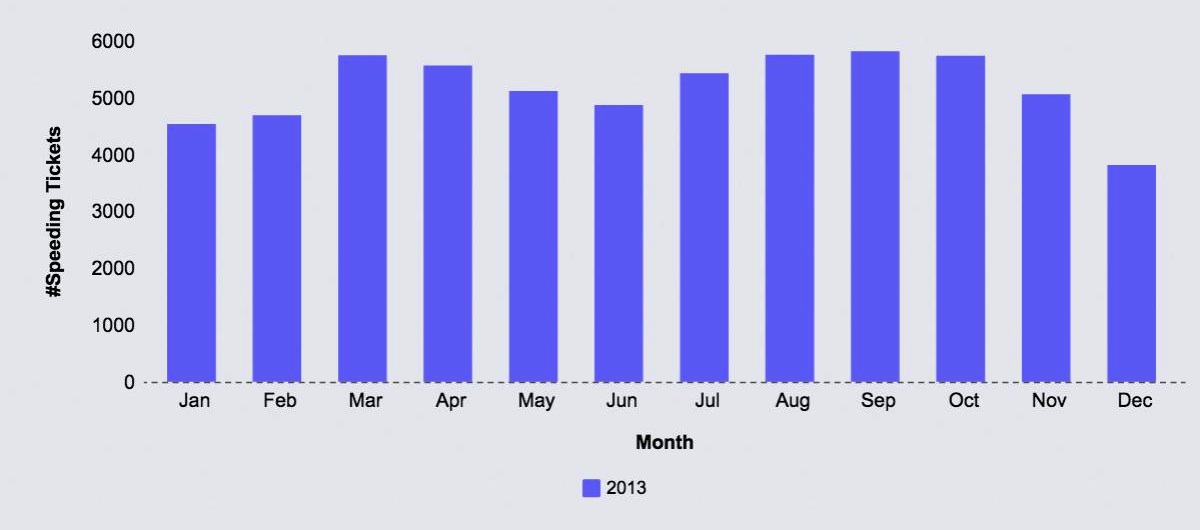
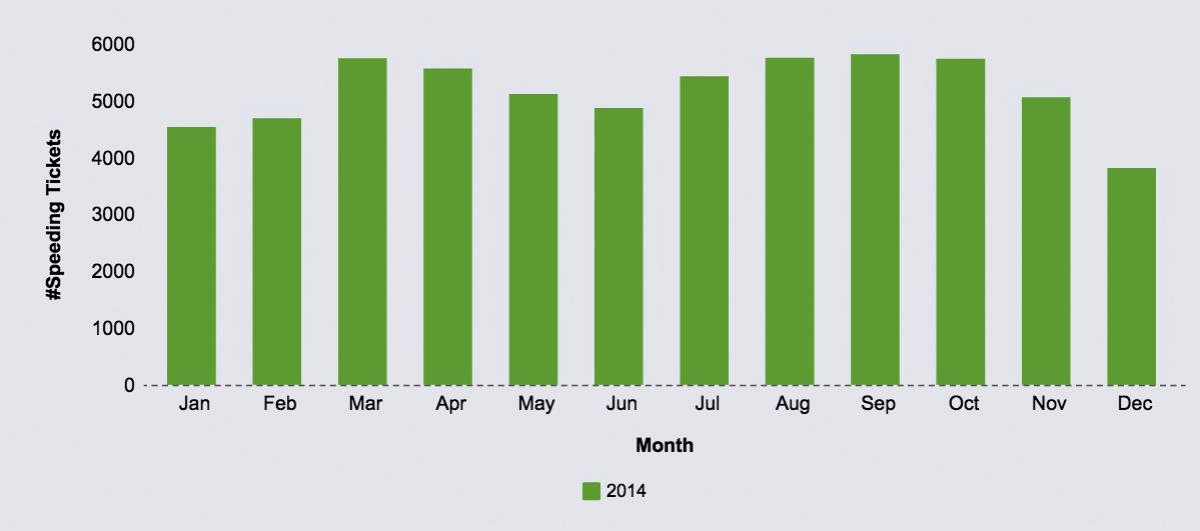
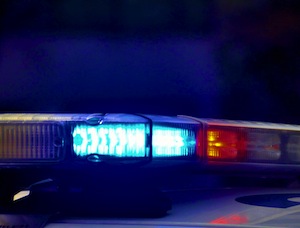 We live in a busy world. Our time is valuable and most of us would prefer to spend time at our destination, rather than on the road. This is often a contributing factor as to why many drivers speed, along with a need to get to appointments on time, and a desire to be somewhere where we can check our phones without fear of legal repercussions.
We live in a busy world. Our time is valuable and most of us would prefer to spend time at our destination, rather than on the road. This is often a contributing factor as to why many drivers speed, along with a need to get to appointments on time, and a desire to be somewhere where we can check our phones without fear of legal repercussions.